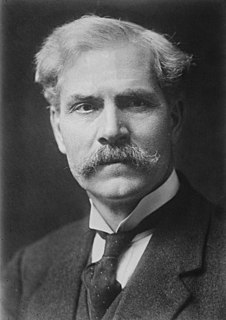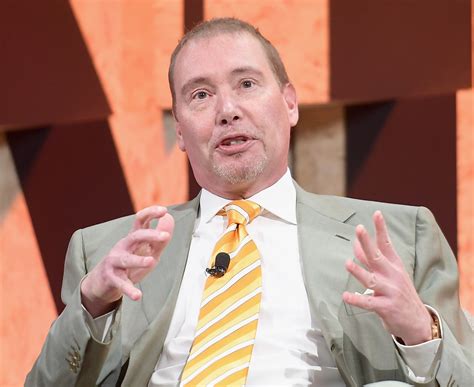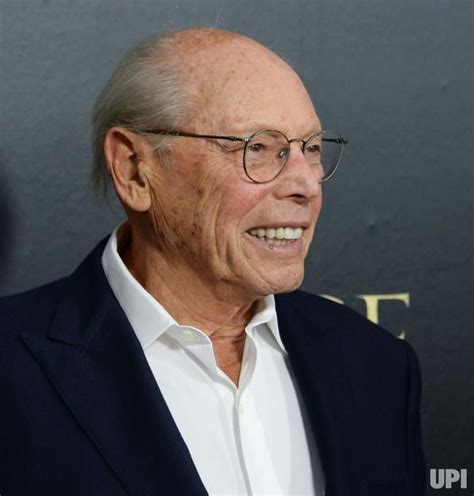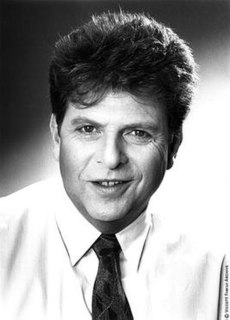A Quote by Ramsay MacDonald
We have all taken risks in the making of war. Isn't it time that we should take risks to secure peace?
Related Quotes
Be willing to take some risks in the areas of work and money. If we do only what we think we should do in order to make money and be secure, we won't listen to the intuitive voice that tells us to try something new, to be more creative, or to move on to the next step on our path. When we listen to our intuition and take some risks, we are not alone. The universe will support us and reward us for taking risks on its behalf!
The trouble is that the risks that are being hedged very well by new financial securities are financial risks. And it appears to me that the real things you want to hedge are real risks, for example, risks in innovation. The fact is that you'd like companies to be able to take bigger chances. Presumably one obstacle to successful R&D, particularly when the costs are large, are the risks involved.
When large companies take on risk, then they impose risks on the rest of the system. And these are systemic risks and these systemic risks we never used to think were really that important, but as soon as we recognize how the financial sector - the risks the financial sector takes on can impact the entire global economy, we realize that those risks needed to be controlled for the social good.
...the more risks you allow children to take, the better they learn to take care of themselves. If you never let them take any risks, then I believe they become very prone to injury. Boys should be allowed to climb tall trees and walk along the tops of high walls and dive into the sea from high rocks... The same with girls. I like the type of child who takes risks. Better by far than the one who never does so.
Many risks fail because they were not taken in time. Too many risks are postponed until unnecessarily elaborate preparations are made. This does not mean that one should say, Damn the torpedoes, full speed ahead! That is foolish and self-destructive. . . . But don't sit back waiting for the perfect moment. It almost never comes.
I think that's something that investment banks have worried about for a long time and are continuing to worry about, but it's not an easy solution when you have lots of people betting the company's money, how do you really allocate those risks? How do you make sure that the people that take the risks are feeling the risks in an appropriate kind of fashion?
































